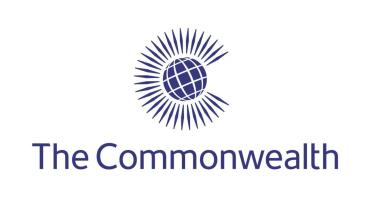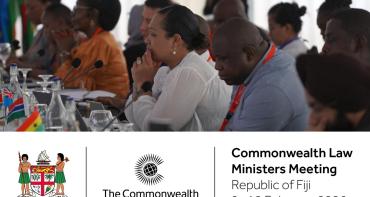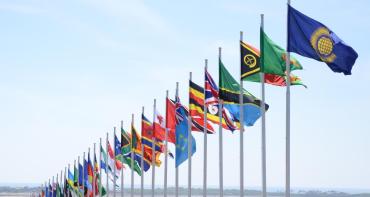In endorsing the report, ministers recognised that the Commonwealth is leading the way in developing mechanisms to combat cybercrime.

Law ministers on Wednesday adopted a landmark report on cybercrime in Commonwealth countries with recommendations for the development of national strategies and enhanced coordination efforts.
In endorsing the report, ministers recognised that the Commonwealth is leading the way in developing mechanisms to combat cybercrime.
The report of the Commonwealth Working Group of Experts on Cybercrime paves the way for the delivery of technical assistance and capacity-building through the Commonwealth Cybercrime Initiative (CCI), a consortium of member countries and over 20 partner organisations.
The meeting also endorsed CCI mechanisms to deliver technical assistance and agreed that member states should support and engage with it.
According to Colin Nicholls QC, Chair of the Commonwealth Group of Experts on Cybercrime, the Commonwealth with its diverse membership, is well-placed to facilitate the necessary co-operation and technical programmes to help combat cybercrime: “The advantage of the work of the Commonwealth Secretariat is that it can enable countries who haven’t caught up to get the benefit and knowledge of those who have caught up to develop their systems against cybercrime.”
Cybercrime costs the global economy an estimated $200 billion a year, and is a serious concern for both developed and developing nations. Cybercriminals who act with impunity cripple economies and individuals and for many states, cybercrime has become a matter of national security.
The expert group was formed in 2011 following a directive from Commonwealth law ministers and heads of government. It was tasked with reviewing the practical implications of cybercrime in the Commonwealth and identifying the most effective means of international co-operation and enforcement.
Mr Nicholls explained: “The report of the group proposes that countries should devise national strategies, which include the development and improvement of laws by using Commonwealth model legislation on computer-related matters. It also proposes the improvement of co-operation in criminal matters between countries, and a strategy to build capacity, such as resources, the expertise of government officials, co-operation with service providers and training of all people concerned including judges, investigators and prosecutors.”
Tim Crosland, Chair of the Executive Management Committee of the Commonwealth Cybercrime Initiative said: “The naïve view of ICT is that all you have to do is to lay down fibre optic cable and out of the box will jump all that is good: democracy, economic growth, freedom of expression. Although ICT offers potential, it also offers opportunities for criminals and an ease of communication across boundaries.
“If countries don’t succeed in integrating a defensive component at an early stage, then critical infrastructure is vulnerable to attack. Instead of attracting development, it is having the opposite effect.”
The Commonwealth Cybercrime Initiative will facilitate expertise to assist member countries in developing comprehensive programmes in the criminal justice and digital infrastructure sectors, ensuring sustainable delivery and avoiding the duplication of effort and resources. It currently has work underway in Ghana, Kenya, Trinidad and Tobago and Uganda.
The Commonwealth Working Group of Experts on Cybercrime was comprised of multidisciplinary experts from member states (Australia, Canada, Singapore, South Africa, Trinidad and Tobago, Tonga and the United Kingdom), Commonwealth partner organisations (the Commonwealth Telecommunications Organisation, the Commonwealth Lawyers’ Association, the Commonwealth Magistrates’ and Judges’ Association), regional and international institutions (the Council of Europe, the United Nations Office on Drugs and Crime, the International Telecommunications Union), academics, legal professionals and civil society organisations (COMNET, the Internet Corporation for Assigned Names and Numbers), and independent experts.
The Commonwealth Law Ministers Meeting is taking place in Botswana, Gaborone from 6-8 May 2014.



